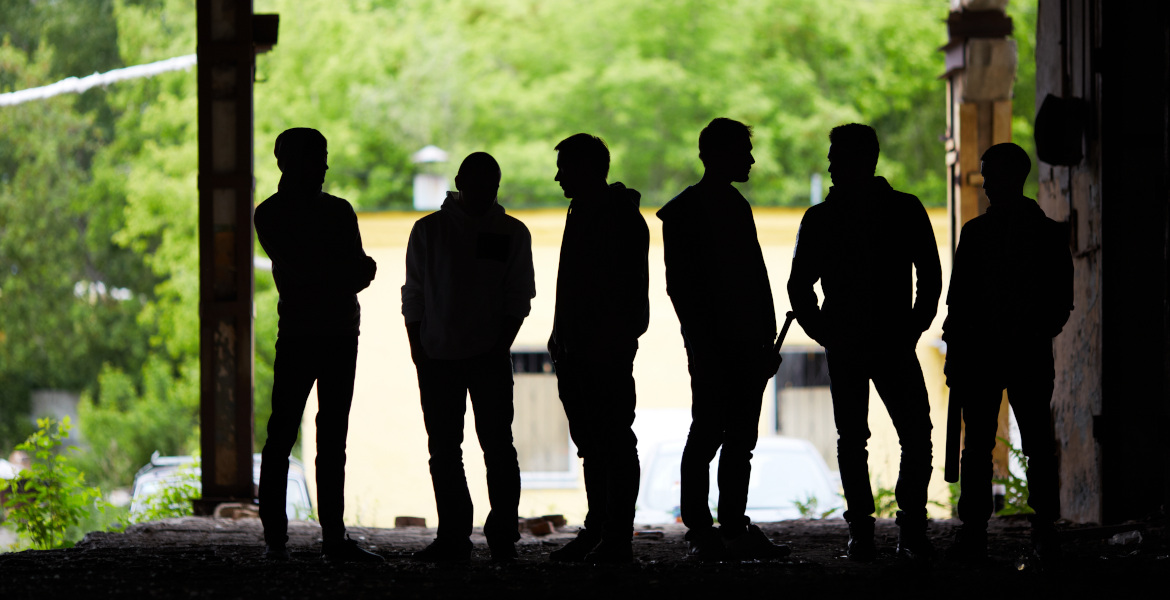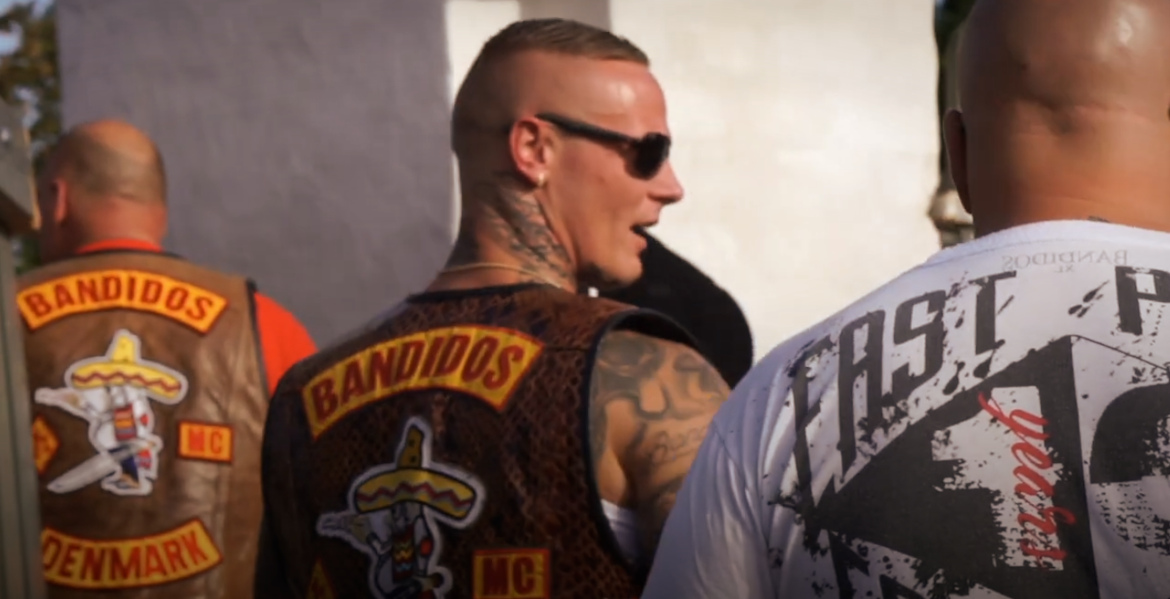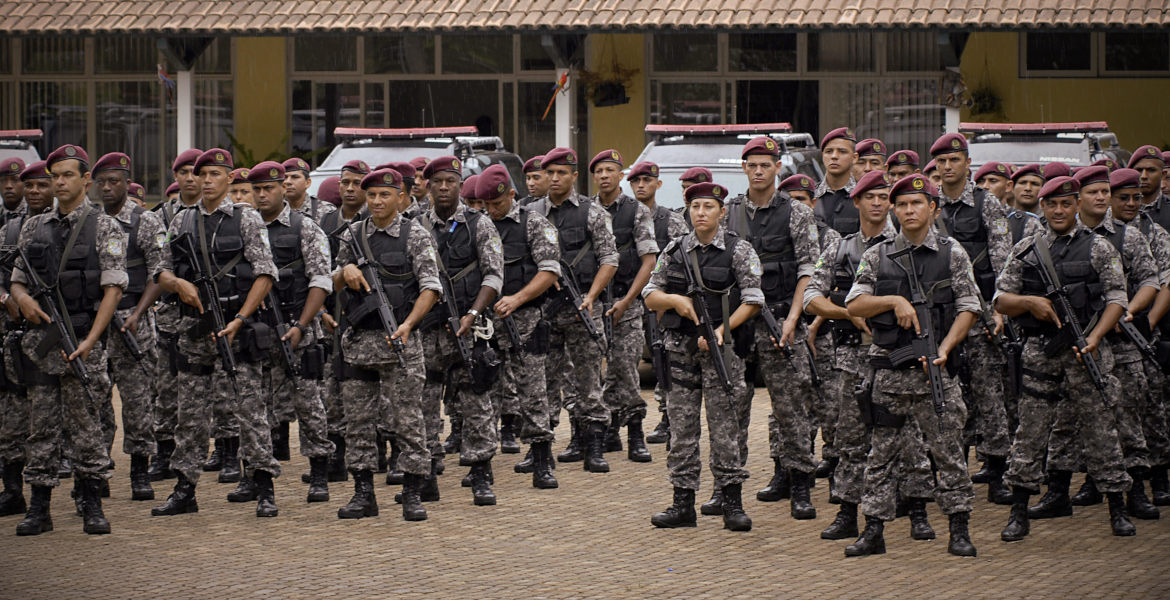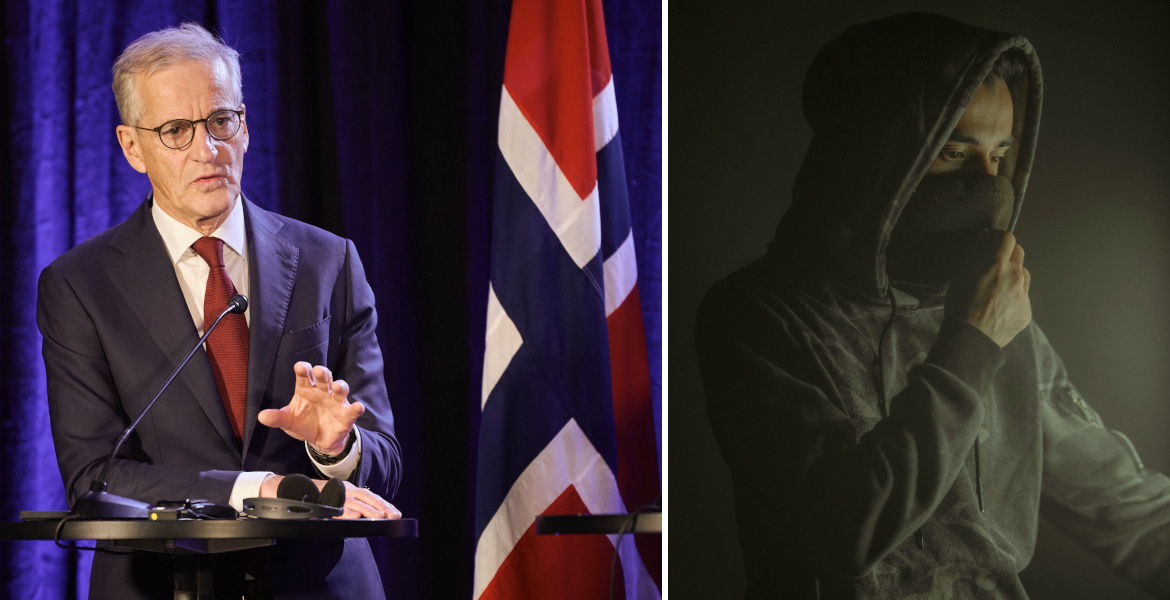Gang criminals and suspected terrorists in Sweden use ammunition belonging to the Swedish Armed Forces when committing serious violent crimes, a review shows.
– Our basic hypothesis is that gang criminals have people on the inside at the Armed Forces, says a police source.
Footage obtained by the Schibsted newspaper Svenska Dagbladet shows ammunition used by the Armed Forces' standard weapons, including AK-4 and Pistol 88.
A defected gang criminal also confirms that criminal groups have access to military resources through contacts within the Swedish military.
– We have a guy on the inside, he says, adding that there was even discussion of breaking into the contact's residence to steal weapons.
An experienced police source confirms the information and says that infiltration of the Armed Forces is a realistic hypothesis.
Used in murders
The National Forensic Center (NFC) has also established that military ammunition has been used in several serious crimes in Sweden. For example, military ammunition was used in a murder in Malmö in 2018, and has also been used in other violent crimes.
The problem also extends beyond organized crime. During a raid on a mosque in Tyresö in March 2023, where four young men were arrested on suspicion of preparing terrorist crimes, military ammunition was found among the weapons.
In a recording from the bugged premise, one of the suspects is heard saying: 'These are military bullets I got from the Swedish military. These will never jam in your face".
In an email response to the newspaper, the Swedish Armed Forces confirmed that the ammunition in the videos corresponds to their material, but would not comment on the allegations of infiltrators. The authority instead refers to the police.





